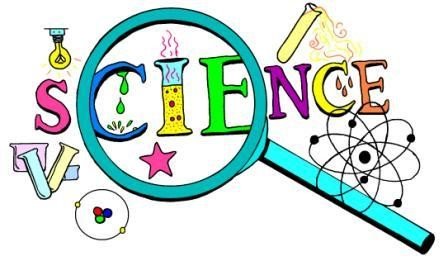In the span of a mere hundred years, the quality of human life has undergone a remarkable transformation, largely thanks to the strides made in scientific research.
In the span of a mere hundred years, the quality of human life has undergone a remarkable transformation, largely thanks to the strides made in scientific research. Science holds immense potential to further revolutionize our existence, but its efficacy hinges greatly on how well its findings are communicated to the general populace. Through its application, science has not only revolutionized industries but has also fundamentally altered the quality of life for individuals worldwide.
At the heart of this transformation lies the meticulous utilization of the best available logic and evidence across a spectrum of crucial domains. However, amidst this progress, lies a pertinent question: to what extent is scientific research supported by governments, and what tangible impact does it have on the everyday lives of individuals, particularly in countries like Pakistan?
The landscape of scientific discourse in Pakistan reflects a nuanced interplay of factors, ranging from concerns about the allocation of funds for educational institutions to deliberations on the legislative role in shaping scientific agendas. It is evident that enhancing the public value of science necessitates an improvement in communication channels.
Across the globe, academic communities are actively enhancing science communication efforts, integrating courses that offer comprehensive training in conveying scientific concepts to diverse audiences into their basic science curricula at both the graduate and undergraduate levels. However, in Pakistan, there exists a glaring deficit in science communicators.
A cursory glance at Pakistani media, encompassing newspapers and talk shows, underscores this deficiency. The absence of substantive coverage of science and technology indicates a critical void that must be addressed. Regrettably, this gap does not align with the interests of media houses, despite Pakistan’s track record of producing outstanding journalists in various fields.
The dearth of trained scientists proficient in articulating the value of their work to audiences beyond their specialized domains exacerbates this issue. Notably, science journalism is not prioritized as a subject in Pakistani universities, leading to a scarcity of human resources within media organizations, both electronic and print.
To optimize the impact of science communication, a concerted effort is required to foster a deeper understanding of how to effectively cater to the interests of diverse audiences. Facilitating an exchange of professionals between academia and industry can serve as a pivotal starting point, enabling both sectors to better comprehend the needs of their respective communities.
Furthermore, scientific funding agencies and universities can incentivize expertise in science communication, thereby encouraging the dissemination of profound stories that emerge daily from the realm of scientific research.
The absence of widespread awareness about these advancements perpetuates the cycle of inadequate science popularization in Pakistan, contributing to a deficit in societal understanding and engagement with science.
In conclusion, the transformative potential of scientific research to enhance the quality of life is undeniable. However, realizing this potential necessitates concerted efforts to bridge the gap between scientific discoveries and public understanding. By prioritizing science communication and fostering interdisciplinary collaborations, Pakistan can embark on a journey towards a more informed and empowered society, where the fruits of scientific progress are accessible to all.
